Colorado is one of the best states in America to pursue a culinary arts degree.
The Rocky Mountain state is home to a number of high-quality culinary programs, including those at the University of Colorado in Boulder, the University of Denver, and Colorado State University.
Additionally, culinary students in Colorado have access to some of the best resources in the country. The state is home to some of the best restaurants, food manufacturers, and foodservice companies in the nation.
Culinary students in Colorado can expect to gain a variety of skills and knowledge through their time in culinary school. Programs in the state offer a variety of types of culinary degrees, including one-year certificates, one-year diplomas, and two-year associate degrees.
Additionally, students can choose from a variety of specializations, including baking and pastry, culinary arts, and restaurant management.
Here are the best culinary schools in Colorado.
Escoffier School of Culinary Arts - Boulder
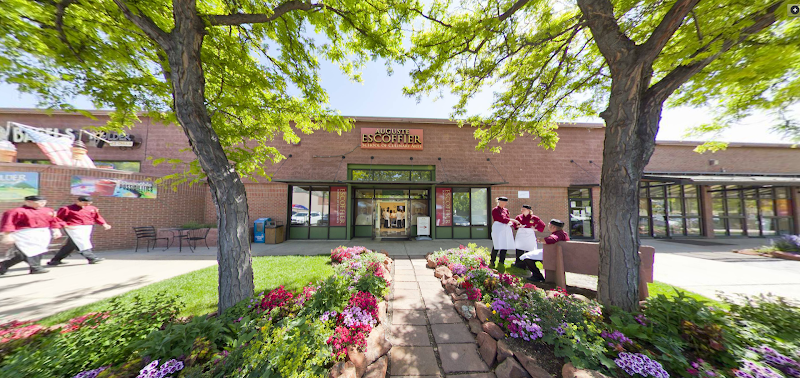
The Escoffier School of Culinary Arts is a globally recognized leader in the culinary education industry. Founded in 1997 by award-winning chef and restaurateur, Georges Gradwohl, the Escoffier School has a mission to provide high-quality, hands-on instruction to students of all backgrounds and experience levels. Gradwohl's philosophy of “tradition with a twist,” which emphasizes the blending of French and Mediterranean cuisines, is still at the center of the school's curriculum.
As a student at Escoffier, you will have the opportunity to complete a one-year certificate or diploma in culinary arts or a one-year advanced diploma in restaurant management. You can also choose to take individual classes, such as Asian Cuisines, Knife Skills, or Pastry Basics, as a way to enhance your existing skills and talents.
Escoffier students have a lot to be proud of. In 2019, Escoffier student, Michelle Karr-Whelan, was crowned the winner of the 20th Annual Golden Acorn International Food Competition. Additionally, three other students were finalists in the competition.
The school's location in Boulder provides students with easy access to abundant resources. Students have the opportunity to work with professional chefs, including Gradwohl himself, as well as work with community partners, such as The Giving Kitchen, a nonprofit organization that provides emergency funding to restaurant and food service workers facing personal emergencies.
Colorado State University
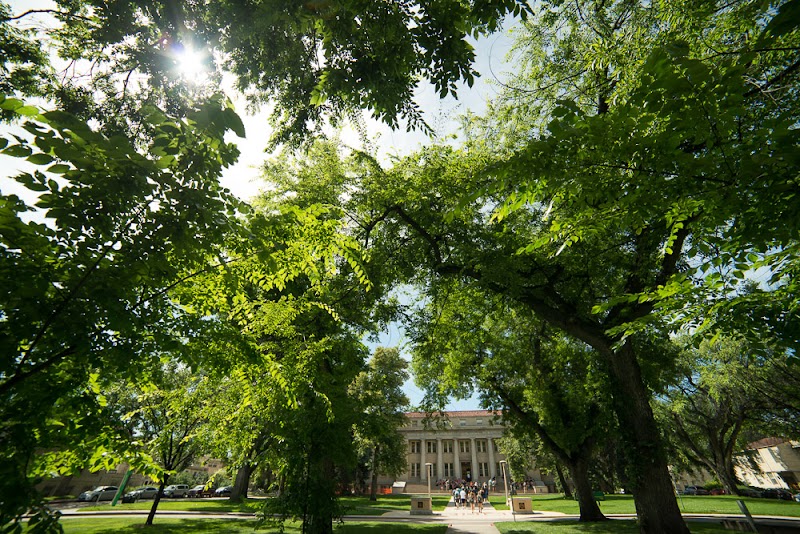
Colorado State University is a school where gastronomy students can learn hands-on in one of the world's most advanced kitchens.
Located in the school's Food Innovation Center, the kitchen features the latest equipment, including 12 cooking stations, a full-service commercial dishwashing station, and a large walk-in refrigerator and freezer.
The center also includes a classroom, where students can learn about the science behind food and cooking in a state-of-the-art teaching kitchen.
This highly advanced facility allows students to put their lessons into practice, offering opportunities for students to work with industry-standard equipment and technology.
The Food Innovation Center also features a consumer research and development facility, where students can learn how companies test their products and how consumers interact with them.
Here, students can use the consumer testing laboratory and a consumer-testing kitchen to prepare samples for consumer research studies. They can also learn how companies develop their products for the consumer market in the consumer research and development laboratory.
Metropolitan State University of Denver
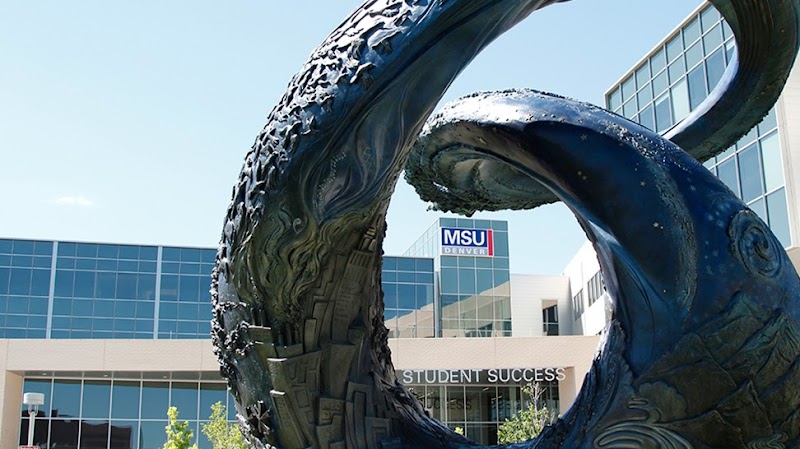
Metropolitan State University of Denver's Culinary Arts Program is one of only a handful of programs nationwide to be a member of the American Culinary Federation.
The program's partnerships with local establishments such as the Denver Central Market, Jax Fish House, and the St. Charles Chef School allow students to gain real-world experience in professional kitchens.
Students gain a broad understanding of the foodservice industry through courses such as Foodservice Management, Marketing, and Finance. Others offer more specific knowledge, such as the Pastry and Bread Arts classes, which prepare students for careers as professional bakers and pastry chefs.
Along with theoretical knowledge, students also gain hands-on experience working in the Denver Central Market, where they learn how to make quality food for a diverse customer base.
The Metro State campus also houses the French Butcher, a demonstration kitchen and store run by the school's program director, Jack Schenk.
Colorado Mesa University
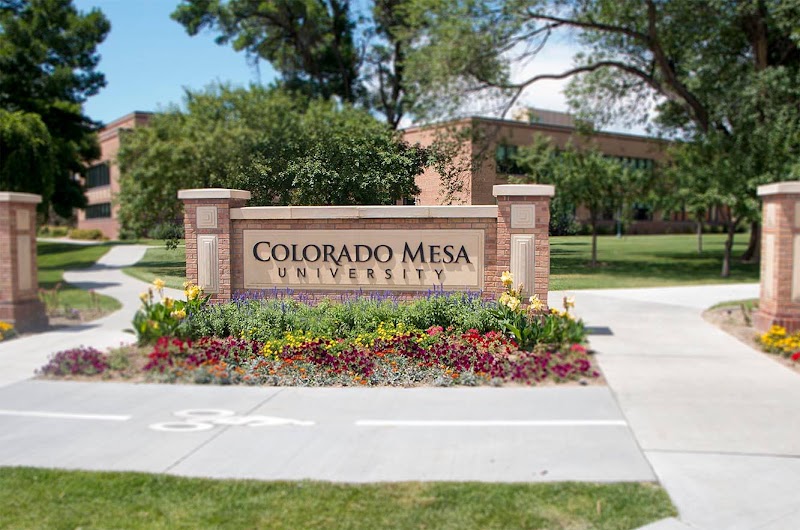
At Colorado Mesa University, aspiring chefs will learn the fundamentals of the craft in the school's Department of Hospitality and Tourism Management. There, students can choose to focus on the business side of the industry or the kitchen side, learning skills ranging from marketing and management to baking and cooking.
In addition to studying the core elements of the hospitality industry, students can gain hands-on experience by participating in a internship or co-op experience. CMU's hospitality program has earned accreditation from the Academy of Hospitality Education, indicating its commitment to quality.
With this accreditation, the school joins a group of just 35 other U.S. institutions that meet the Academy's high standards for curriculum, student learning, and faculty.
Accreditation is just one of the impressive stats that make CMU a great choice for aspiring cooks and chefs. The school boasts an impressive student to faculty ratio of 13:1, which ensures that students receive the individualized instruction they need to succeed.
CMU is also home to the American Hotel & Lodging Educational Research Center, where students can study the effects of tourism on local economies. The center houses a library of resources and a conference room to support the center's research and student projects.
Pikes Peak Community College
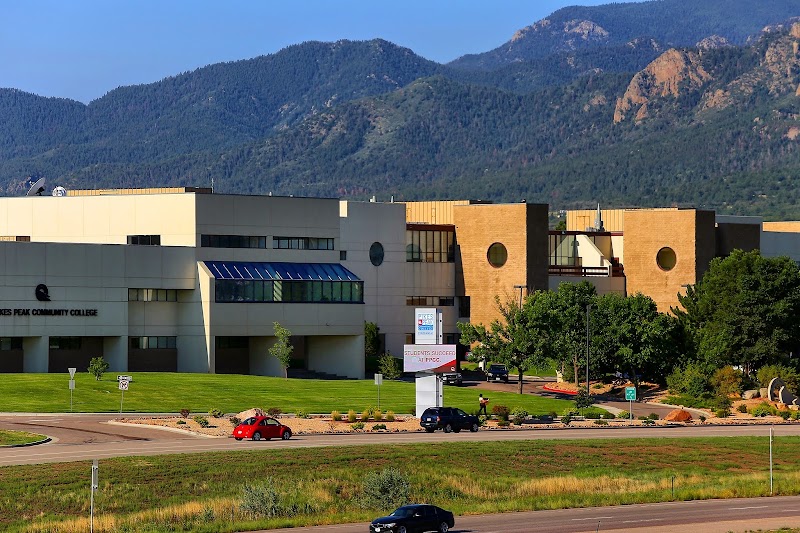
As the only culinary arts program on this list, Pikes Peak Community College's program stands out for its unique approach.
Rather than teaching basic cooking skills, the program focuses on food service, the profession that the vast majority of graduates go on to pursue.
Culinary arts students at Pikes Peak Community College learn how to run a kitchen, with courses in management, production, and food preservation.
These courses give students an understanding of how professional kitchens operate, giving them a leg up on their competitors when they go on interviews with hiring managers.
In addition, students gain hands-on experience through the school's restaurant, the Peak Cafe, where they can put their new skills to work serving the public.
The Peak Cafe also gives students an opportunity to try out their menu creations, giving them a chance to test their creativity and see what the public thinks of their work.
Red Rocks Community College
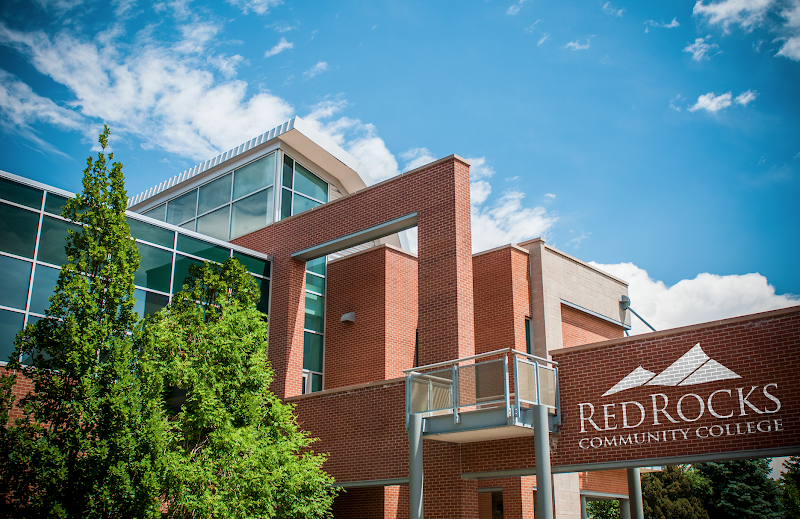
At Red Rocks Community College, students can take an associate degree in culinary arts. In this program, which takes about two years to complete, students gain fundamental skills in the kitchen and in business.
The program starts with a dozen weeks of basic kitchen training, including instruction in knife skills, food preparation, and meal assembly. Students learn how to follow recipes, work within a budget and in a team environment, and prepare food that will please a customer's palate.
Later courses focus on the business side of the industry, including management and marketing. In the marketing course, students learn how to promote their business, including how to develop a social media strategy and how to write a press release. The management course teaches the basics of running a restaurant, including how to hire and train employees.
Pueblo Community College
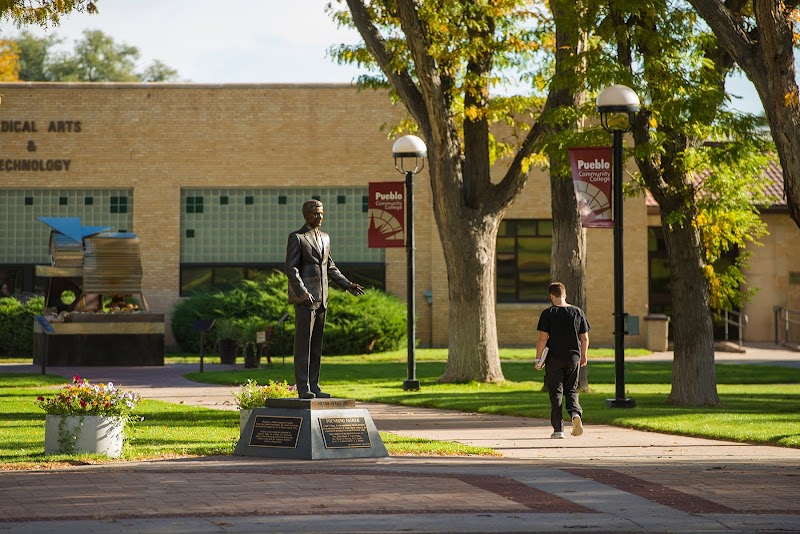
With an annual culinary arts competition that draws worldwide attention, Pueblo Community College certainly knows how to make itself known. But that's not all the school has to offer aspiring cooks. Pueblo CC offers three different paths for students to learn the culinary arts, each tailored to a different level of experience and commitment.
In the associate degree program, students can expect to spend about half of their time in the kitchen, learning the fundamentals of cooking. The other half consists of classes in business management, food safety, and sanitation. Those who already have some cooking experience, or who are committed to devoting a lot of time to the subject, can opt for the accelerated professional culinary program, which takes two years to complete. In addition to more intensive kitchen training, students in the APCC also take more business-focused courses. The flexible, part-time culinary associate degree completion program allows students to continue working in the kitchen, while also taking classes on a flexible, part-time schedule.
No matter which program they choose, students in the Pueblo CC culinary department are taught by experts with impressive resumes. Faculty members include not only award-winning chefs, but also a former White House chef and a cookbook author.
Colorado Mountain College
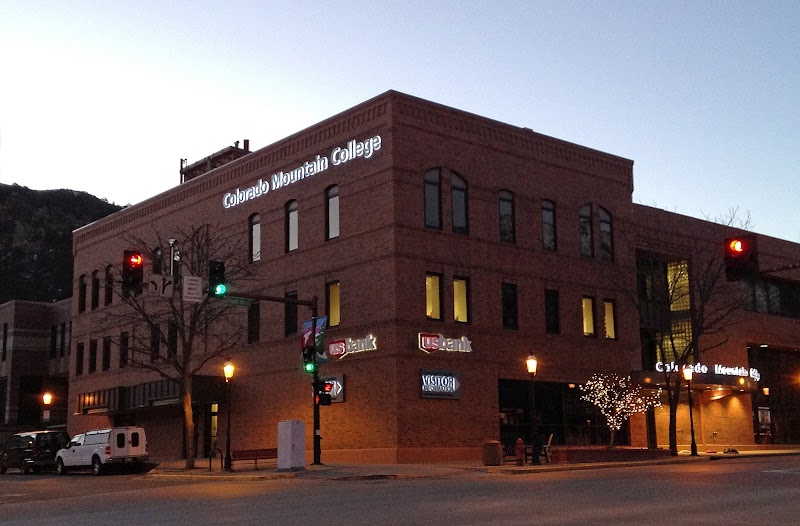
Located in Glenwood Springs, Colorado Mountain College is a branch of the Colorado Community College System. It is one of only seven branch campuses in the statewide system.
As such, CMCC offers the same quality educational opportunities as its sister schools, with two main campuses. The Roaring Fork campus offers a variety of associate degree and certificate programs in the liberal arts, as well as technical programs. The Mountain Campus has the same offerings, in addition to associate degrees and certificates in outdoor sports and recreation.
Students can choose from more than 80 associate's degree and certificate programs, covering subjects ranging from culinary arts to business administration to renewable energy technology. The school's teaching kitchens provide hands-on experience for students in the culinary arts, baking and pastry arts, and commercial cooking and restaurant management programs.
Past students have gone on to work in restaurants, hotels, ski resorts, country clubs, and the US Army Special Forces.
Emily Griffith Technical College
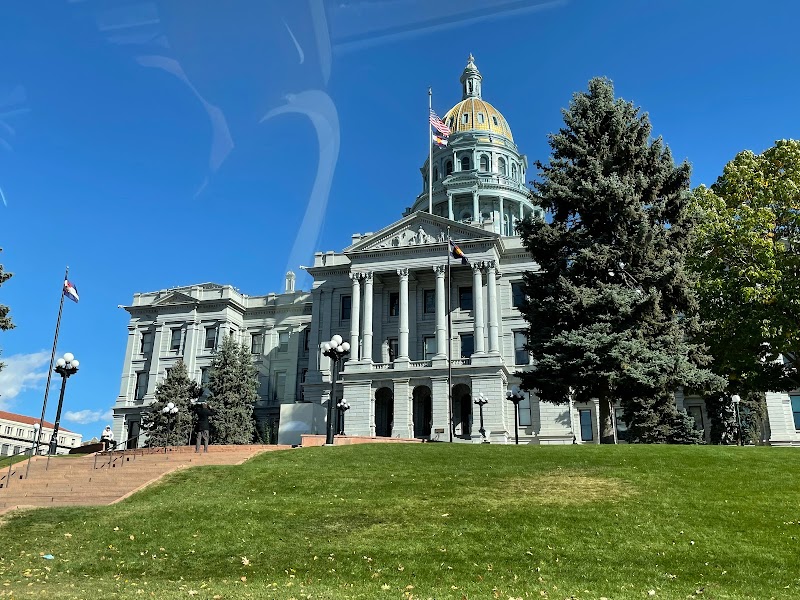
Emily Griffith Technical College is a public institution located in Denver, Colorado dedicated to preparing students for in-demand careers. The school has an enrollment of over 10,000 students in its associate degree, career-reentry, and technical education programs.
The culinary program at Emily Griffith offers two associate degrees: one in culinary arts and the other in culinary management.
Through the culinary arts associate degree, students learn the fundamentals of cooking and gain hands-on experience in the kitchen. The program consists of two years of study, including 84 credits of required courses and 20 credits of elective courses.
Through the culinary management associate degree, students learn the business side of the industry, including management, marketing, and financial skills. The program consists of two years of study, including 62 credits of required courses and 23 credits of elective courses.
Through either degree, students have opportunities to gain experience in the Emily Griffith Restaurant, which is open to students, staff, and the public. The restaurant features two dining rooms, one American and the other French. The French dining room focuses on fine dining, with a menu developed by the school's chef instructors.
Pickens Technical College

Located in Aurora, Pickens Technical College is part of the Colorado Community College System.
As one of the largest community colleges in the state, PTC trains over 13,000 students every year in a wide variety of subjects.
One of those subjects is the culinary arts, which students can study as part of a broader associate in applied science degree.
In addition to the standard 60-credit associate degree, PTC also offers a 20-credit culinary arts certification that more immediately prepares students for a career in the kitchen.
Students in the AAS degree learn foundational cooking and baking skills, as well as the core knowledge needed to operate a food service establishment.
They also gain experience in commercial kitchen equipment and procedures, as well as food preparation and service.
In the certification program, students spend half of their time in the classroom and the other half working in a local restaurant, bakery, or food service facility.


